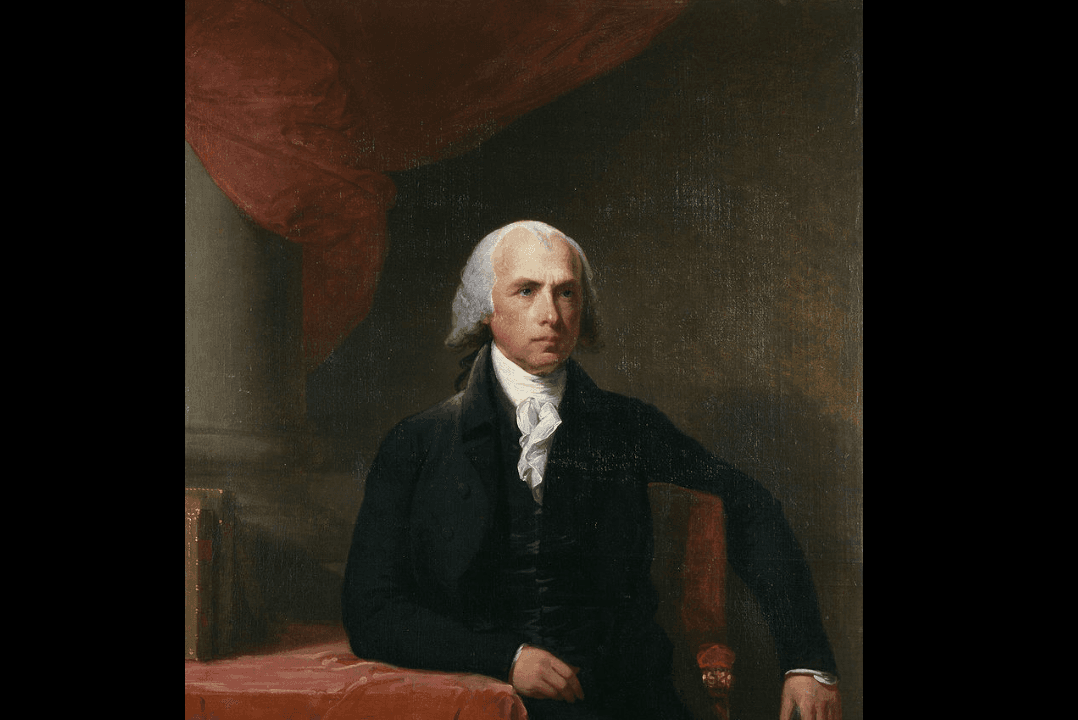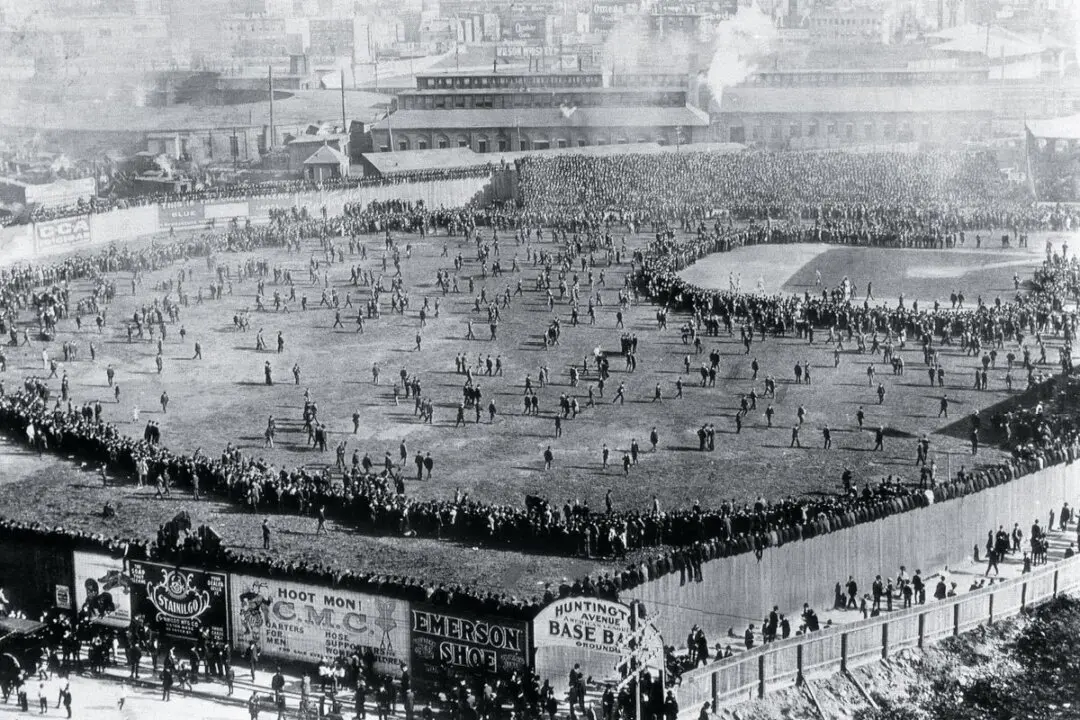The National Center for Education Statistics released its 2022 report, titled The Nation’s Report Card, indicating that eighth-grade student proficiency (12th isn’t yet available) in U.S. history and civics (among other subjects) continues to decline. Some defenders may excuse the decline because of the COVID-19 pandemic, but the ongoing decline began in 2014.
In fact, students are back at 1994 levels; but then again, they didn’t have very far to fall.






